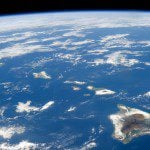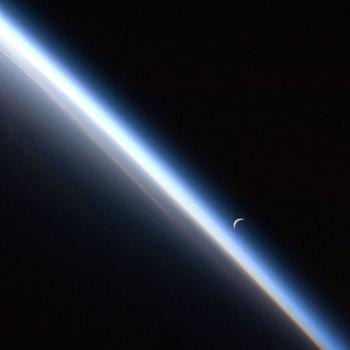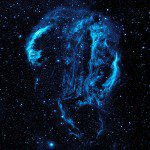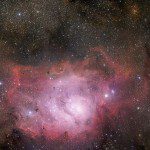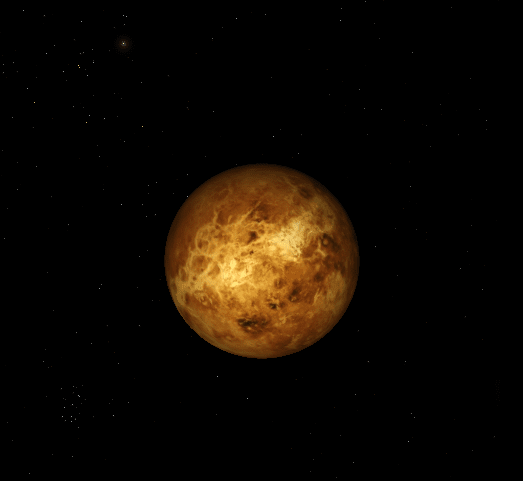
(Wikimedia Commons)
I’m beginning to read Reality Is Not What It Seems: The Journey to Quantum Gravity, by the prominent Italian theoretical physicist Carlo Rovelli. His book, he says, was “written . . . to try to communicate the breathtaking beauty of the panorama of reality which can be seen from [his] perspective” as a scientist (xiv).
Here’s a passage (from his “Preface: Walking along the Shore”) that I quite like:
The more we learn about the world, the more we are amazed by its variety, beauty and simplicity.
But the more we discover, the more we understand that what we don’t yet know is greater than what we know. The more powerful our telescopes, the stranger and more unexpected are the heavens we see. The closer we look at the minute detail of matter, the more we discover of its profound structure. (xi-xii)
There are at least two propositions to be noticed in this introductory statement: (1) The universe is beautiful, and (2) What we don’t know about the universe is more extensive than what we do know.
In other words, we should be humble in the face of the beauty that we’re seeing.
I’m also struck by the fact that he regards both “variety” and “simplicity” as characteristic of the universe that science is revealing. We might not always think that variety and simplicity go together, but, according at least to Professor Rovelli, they do. In science, anyway.
In my judgment, a universe that is beautiful, and that is beautiful in a manner that combines rich variety with profound simplicity, calls for a deep human response. Albert Einstein thought so, too:
The most beautiful thing we can experience is the mysterious. It is the source of all true art and science. He to whom the emotion is a stranger, who can no longer pause to wonder and stand wrapped in awe, is as good as dead—his eyes are closed. The insight into the mystery of life, coupled though it be with fear, has also given rise to religion. To know what is impenetrable to us really exists, manifesting itself as the highest wisdom and the most radiant beauty, which our dull faculties can comprehend only in their most primitive forms—this knowledge, this feeling is at the center of true religiousness.
***
A fun little article:
***
***
There was very much to admire in the late Stephen Hawking. But some of his thinking was . . . well, odd:
***
An article about pseudo-scientific theories on the Left and the Right by the wonderfully-named Professor Jonathan Anomaly of the University of Arizona:
“What the Alt-Right and Regressive Left Have in Common”



